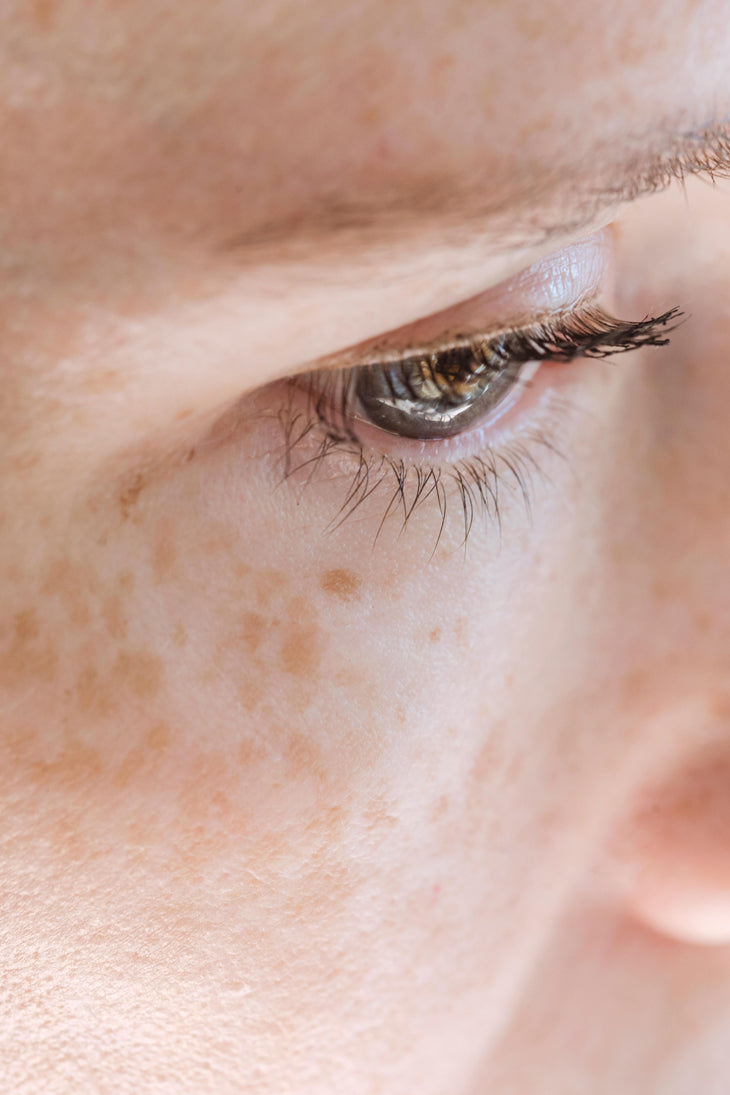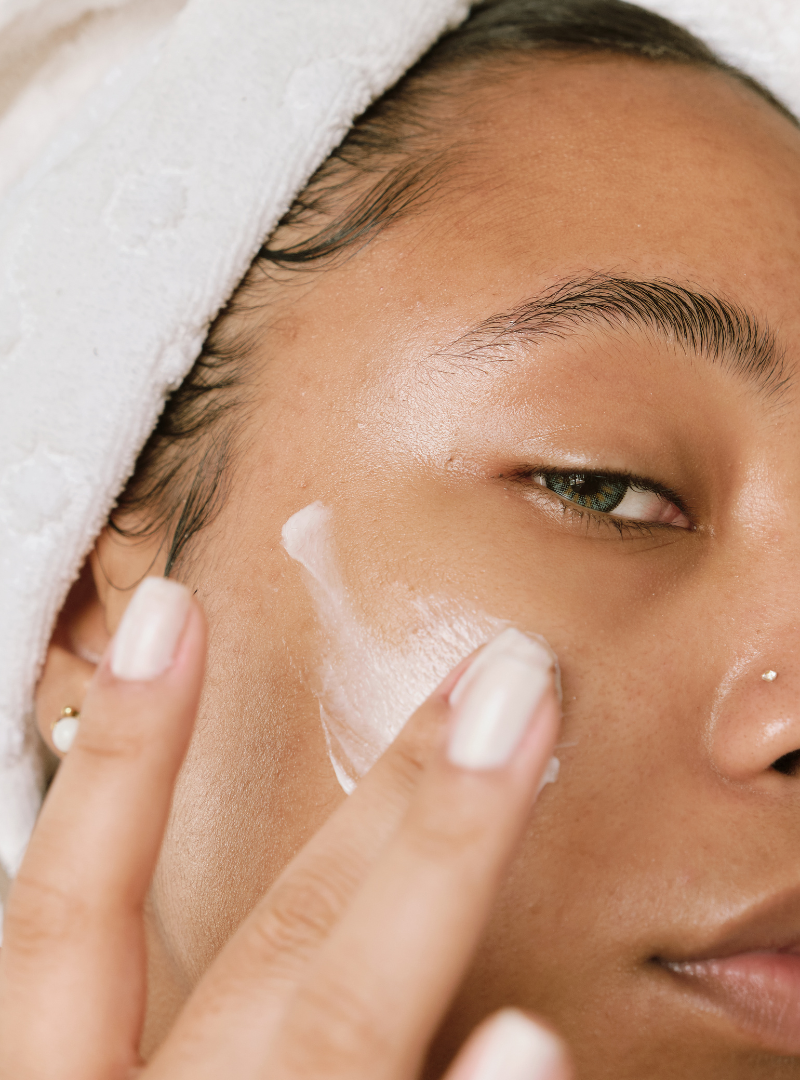Well, I don't know who came up with this, but not quite, or should I say not at all?...
Can you pronounce "Simmondsia Chinensis", "Carthamus Tinctorius", "Syzygium Aromaticum", "Pimpinella Anisum", "Pelargonium Graveolens" or "Butyrospermum Parkii"?
Chances are unless you speak Spanish, Italian or know Latin (the first two both derived from Latin which I speak perfectly and the third somewhat), you might not be able to say any of those, which are the scientific names for "Jojoba", "Safflower", "Cloves", "Anise Star", Rose Geranium" and "Shea Butter".
As you can see, the badly invented rule of thumb "if you can't pronounce it, it isn't good for you" is 100% invalid.
Granted, there are many synthetic and even natural ingredients used in cosmetics with unpronounceable names that you should avoid completely or at least as much as possibly, as they have been found to be harmful, but there are also some natural ones with very simple easy to pronounce names that you should avoid as well, like for example Lead, Arsenic, and Mercury just to name the three most common compounds found on mineral pigments, which we don't even think about when applying makeup.
"Knowledge is power" - The only way to know for certain an ingredient is bad for your health or the environment, is to research it. These days, information for all the ingredients used in cosmetics is found online with a click of a mouse, so don't fall for gimmicks. Conduct your research before you buy any product, that way you can make more informed purchasing decisions.




